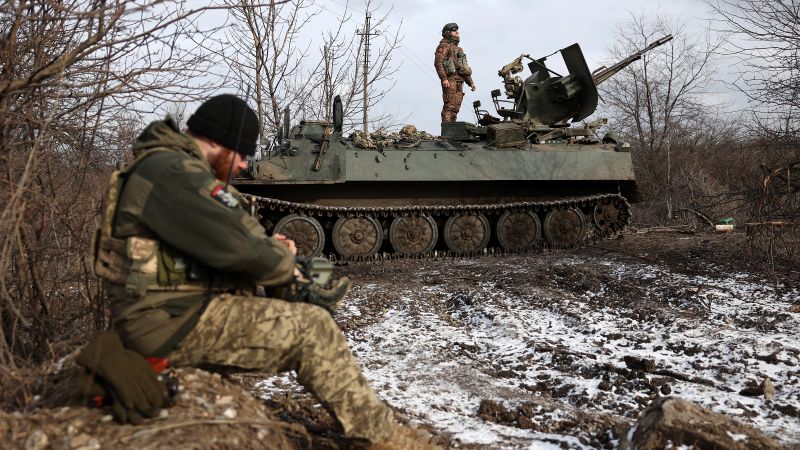NATO Secretary General Jens Stoltenberg is exploring options to ensure long-term support for Ukraine, with one proposal being the establishment of a $100 billion fund over five years from alliance members. This fund is aimed at future-proofing Ukraine’s support, making it more difficult for individual NATO members to suddenly withdraw assistance. While the fund may not sustain Ukraine’s war effort against Russia indefinitely, it would provide a crucial base of support, especially amid concerns about the potential impact of a second term for former US President Donald Trump.
Stoltenberg emphasized the need for NATO to commit to increased support for Ukraine and rely less on voluntary contributions. The alliance is looking to transform its comprehensive assistance package into a multi-year program of assistance, with a focus on coordinating military equipment and training for Ukraine. Stoltenberg stressed the importance of ensuring reliable and predictable security assistance for Ukraine, noting that NATO allies already provide the majority of military support to the country.
The political landscape in the US, particularly concerning Trump’s policies towards Ukraine, remains uncertain. While Trump’s allies in Congress have opposed continued support for Ukraine, Trump himself has not outlined a clear Ukraine policy. However, some former Trump administration officials believe that Trump would not immediately withdraw US support for Ukraine but would seek a swift resolution to the conflict, potentially involving concessions from Ukraine regarding territory held by Russia.
In addition to the proposed fund, NATO is also considering taking over leadership of the Pentagon-led Ukraine Contact Defense Group, which coordinates the logistics of weapons deliveries into Ukraine. This potential move aims to minimize the impact of a Trump presidency on weapon support mechanisms for Ukraine. Furthermore, NATO countries are urged to establish independent commitments with Ukraine, diversifying funding sources and reducing reliance on NATO for all support, thus making the support less vulnerable to disruption by individual alliance members.
Overall, the discussions within NATO highlight a concerted effort to strengthen and solidify support for Ukraine in the face of geopolitical uncertainties and shifting political landscapes. By considering various strategies, including financial commitments, leadership changes, and independent partnerships, NATO aims to ensure consistent and reliable assistance for Ukraine, regardless of potential changes in leadership or political dynamics.


